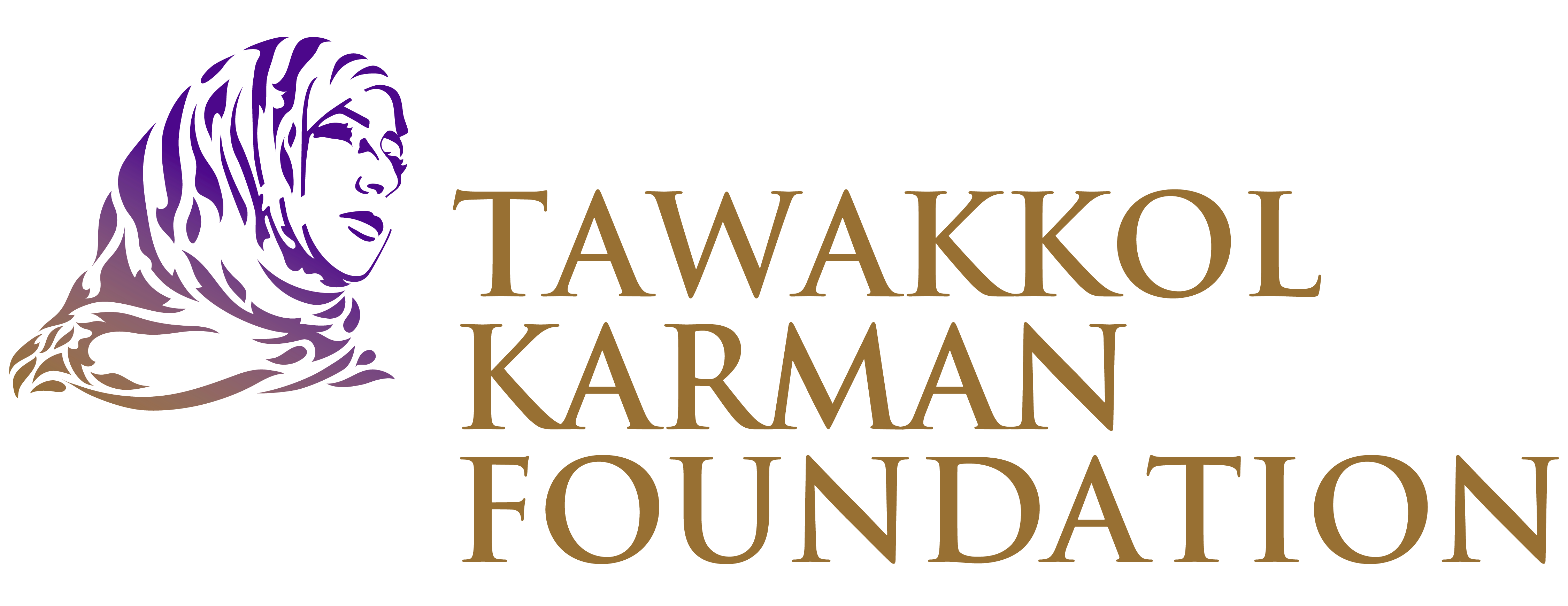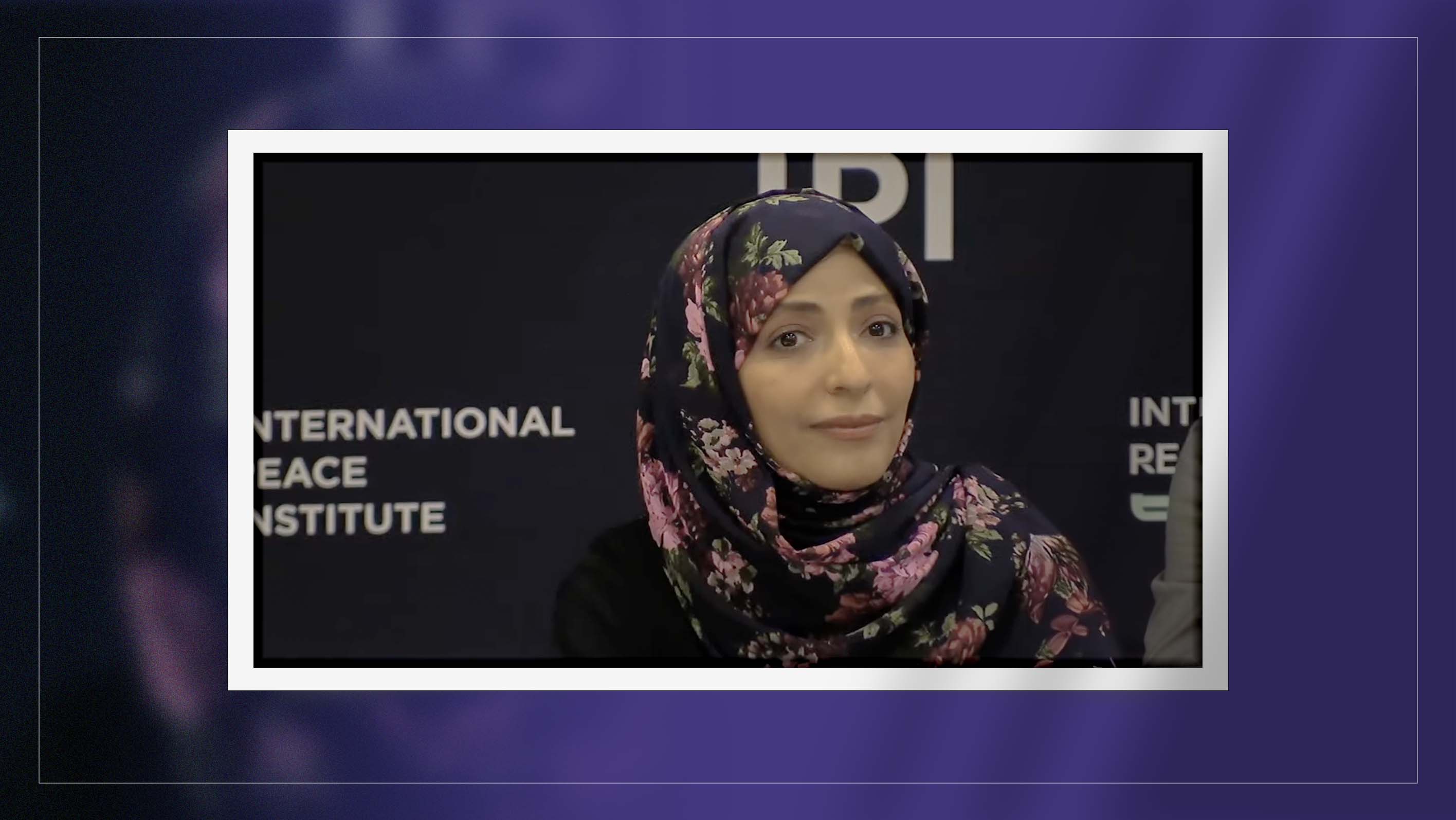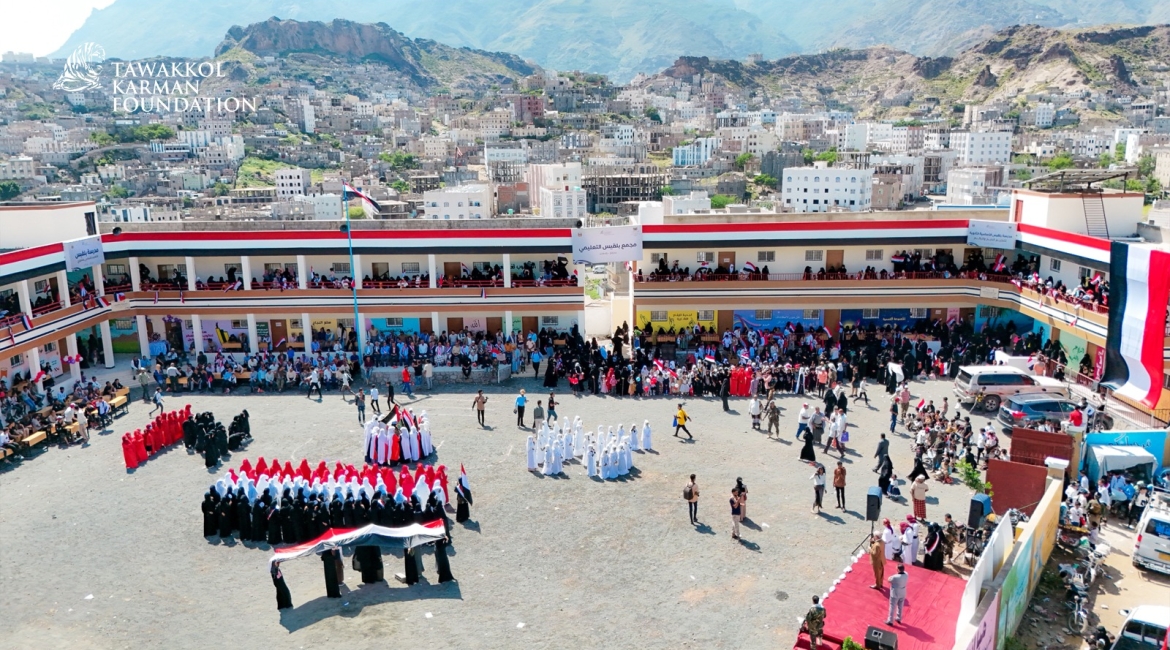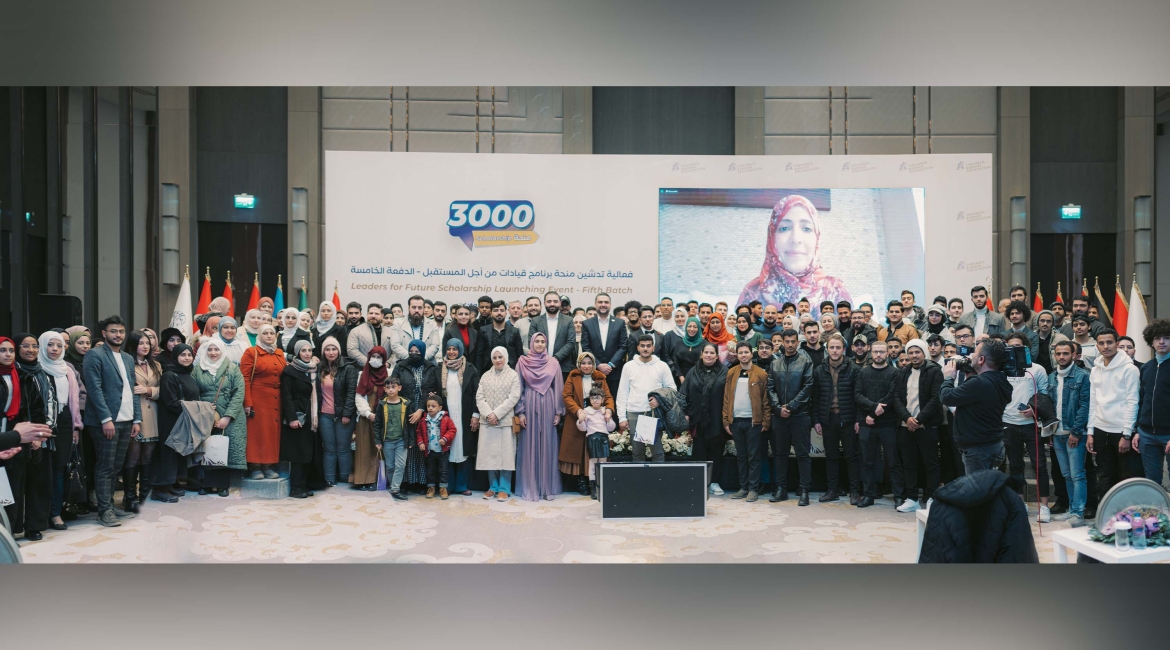Human rights defender and Nobel Peace Prize laureate Tawakkol Karman issued a stark warning to world leaders on Wednesday, declaring that international peace and security cannot be achieved while women remain marginalized. Speaking at the annual Women, Peace, and Leadership Symposium on Women’s Leadership for International Peace and Security, Karman said that “twenty-five years after the adoption of UN Security Council Resolution 1325, the promise to women remains unfulfilled.”
The symposium, cohosted by the International Peace Institute (IPI), the Permanent Mission of Ireland to the UN, Mexico’s Ministry of Foreign Affairs, and partners including Our Secure Future and the Nobel Women’s Initiative, gathered diplomats, policymakers, and activists to examine women’s leadership in political processes, conflict settings, and technology.
In her address, Karman praised women as “powerful agents of change” in societies torn by conflict, but condemned the international community for treating women’s leadership as symbolic rather than essential. “Supporting women does not mean placing a single woman at the negotiating table as a token gesture—it means restructuring institutions so that women are equal decision-makers at every level,” she said.
Women on the Frontlines
Karman highlighted the resilience of women in conflict zones, naming Gaza, Yemen, Sudan, and Ukraine as examples where women are “defending freedom, protecting their communities, resisting occupation, and building peace from the rubble.”
She described the catastrophic toll in Gaza, where more than 70,000 people have been killed, most of them women and children. “Women are giving birth in bombed-out hospitals, struggling to feed their children amid famine, and documenting atrocities with extraordinary courage,” she said.
Turning to her home country, Yemen, Karman denounced both the Houthi militia and the Saudi-Emirati intervention for silencing women and excluding them from shaping the nation’s future. She also condemned atrocities in Sudan, where rape and starvation are used as weapons of war, and praised Ukrainian women for holding communities together under relentless aggression.
A Call for Accountability
Karman accused governments of failing to act on their commitments under Resolution 1325. “The problem is not the absence of commitments, but the absence of implementation and political will. Governments speak eloquently about women’s leadership, yet fail to translate words into action,” she charged.
She called for transforming Resolution 1325 into enforceable international law with clear benchmarks and consequences for non-compliance. She also urged direct funding for grassroots women’s organizations, arguing that international aid too often bypasses the women risking their lives on the frontlines.
Karman further stressed that women’s rights cannot advance without addressing authoritarianism and foreign occupation: “Women cannot be empowered while tyrants are emboldened, dictatorships are supported, or occupations are legitimized.”
“Empower Women, or Forfeit Peace”
Concluding her remarks, Karman framed women’s liberation as inseparable from the liberation of entire societies. “No people can be enslaved while their women are liberated. The liberation of women rises with the liberation of nations,” she declared.
Her final message was unequivocal: “Resolution 1325 was a promise that women would no longer remain invisible in matters of peace and security. Twenty-five years later, that promise remains unfulfilled. Empower women, or forfeit peace.”
The symposium, moderated by Zeid Ra’ad Al Hussein, President of IPI, featured high-level speakers including Ireland’s Permanent Representative to the UN Fergal Mythen, Sahana Dharmapuri of Our Secure Future, Mexico’s Pablo Arrocha, and senior UN Women official Sarah Hendriks. The event closed with remarks from Phoebe Donnelly, IPI’s Head of Women, Peace, and Security.
Below is the full text of the speech:
Good morning, esteemed colleagues, dear friends, and steadfast defenders of human rights,
It is a true honor to be with you today as we reflect on the vital role of women’s leadership in advancing international peace and security. We gather not only to celebrate the progress achieved, but also to confront a painful truth: twenty-five years after the adoption of UN Security Council Resolution 1325, the world continues to fall short in its commitments to women—and in failing women, it fails peace itself.
The Current Reality
History and lived experience have shown us that when women are granted space and opportunity, they emerge as powerful agents of change. In conflict-torn societies, women have consistently served as the first line of defense for life, the preservers of social cohesion, and the bridge-builders across divisions.
Women do not seek victory for one side over another—they seek dignity for all, a secure future for their children, and the foundations of nations rooted in justice and human rights.
Peace is not merely the absence of war; it is the presence of justice, the guarantee of rights, and the construction of institutions that protect human dignity rather than violate it. For this reason, the inclusion of women in negotiations, peacebuilding, and the shaping of security policies is not optional—it is essential.
Yet, twenty-five years after Resolution 1325 was adopted, women remain underrepresented in peace processes and decision-making. Their voices continue to be marginalized, despite bearing the greatest burdens of war and conflict.
We live in perilous times. Tyranny is on the rise, patriarchal regimes are reasserting control, wars and occupations are spreading, and hatred and racism are being weaponized to divide societies and justify atrocities.
Yet—in Gaza, in Yemen, in Sudan, in Ukraine, and across so many other places—women stand at the front lines of survival and resistance. They defend freedom, protect their communities, resist occupation, and build peace from the very rubble of destruction.
In Gaza, women are enduring genocide. More than 70,000 people—most of them women and children—have been killed, while thousands remain trapped beneath the rubble of their destroyed homes. Women are giving birth in bombed-out hospitals, struggling to feed their children amid famine, and documenting atrocities with extraordinary courage.
In my country, Yemen, women live under the oppression of the Houthi militia and the suffocating guardianship of Saudi and Emirati intervention. They are denied their rights, silenced in their voices, and excluded from shaping the future of their nation.
In Sudan, women and children bear the heaviest burden of a brutal war marked by atrocities committed by the Rapid Support Forces with foreign backing. Rape and starvation are wielded as weapons, while entire communities are torn from their homes.
And in Ukraine, women are holding their families and communities together in the face of relentless aggression.
The Failure of Resolution 1325
When Resolution 1325 was adopted, it held out the promise of equality for women in participation, protection, and leadership within matters of peace and security. Yet, twenty-five years later, women remain excluded from negotiations, underrepresented in political processes, and disproportionately vulnerable to violence in times of conflict. The problem is not the absence of commitments, but the absence of implementation and political will. Governments speak eloquently about women’s leadership, yet fail to translate words into action.
What Must Be Done Differently
Twenty-five years after the adoption of Resolution 1325, one lesson is clear: words alone are not enough. Women’s rights must become binding obligations—not optional recommendations. Resolution 1325 has too often remained a slogan rather than a system. It must be transformed into enforceable law, with measurable benchmarks and real consequences for non-compliance.
We must move beyond symbolic representation. Supporting women does not mean placing a single woman at the negotiating table as a token gesture—it means restructuring institutions so that women are equal decision-makers at every level: in peace talks, in political transitions, and in reconstruction efforts.
Direct support must reach frontline women’s organizations. Too often, international funding flows to large institutions while bypassing the women who risk their lives daily for freedom and justice. Women leaders in civil society need direct, sustained resources—not the crumbs of donor budgets.
We must confront authoritarianism and occupation, for these forces reinforce one another. Women cannot be empowered while tyrants are emboldened, dictatorships are supported, or occupations are legitimized. Supporting women requires political courage—to challenge dictatorships, end occupations, and reject complicity in repression.
We must affirm that women’s freedom is inseparable from the freedom of their societies. No people can be enslaved while their women are liberated. Supporting women means supporting their communities in the broader struggle for freedom, dignity, and the rule of law. The liberation of women rises with the liberation of nations.
And we must integrate the realities of technology and digital rights. Women today are harnessing technology to document crimes, mobilize communities, and build networks across borders. Yet they also face surveillance, harassment, and disinformation. Protecting women online has become an essential part of protecting peace and security.
Conclusion
My friends,
Resolution 1325 was a promise: that women would no longer remain invisible in matters of peace and security. Twenty-five years later, that promise remains unfulfilled.
Yet women have not waited. In Gaza, in Yemen, in Sudan, in Ukraine, and across the world, they are already leading, building peace, and carrying the weight of survival and dignity. The real question is this: will the international community finally honor its commitments—or will it continue to betray women, and in doing so, betray peace itself?
Let us remember: when we speak of women’s leadership in peace and security, we are not speaking only of the future of women—we are speaking of the future of humanity itself.
Empower women, or forfeit peace.
To watch full speech click here




